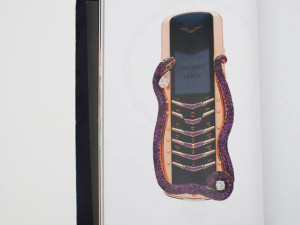Afterall Seminar Series: Eyal Weizman
Saturday 31 October 2009
Eyal Weizman presents ‘Only the Criminal Can Solve the Crime’, chapter three of a trilogy concerned with the political and theological question of the lesser evil.
The problem of the lesser evil is famously concerned with a necessity for a choice of action in situations where the available options are or seem to be limited. The condition by which this choice is articulated affirms an economic model embedded at the heart of ethics – according to which various form of misfortune can be calculated (as if they were algorithms or mathematical minimum problems), evaluated an acted upon. The problem has its origin in the classical philosophy of ethics and in early Christian theology, and still casts a long shadow on the politics of the present. The question of the lesser evil has recently been invoked in the state’s effort to govern the economics of violence in the context of the ‘war on terror’, and in private organisations’ attempts to manoeuver through the paradoxes and complicities of oppositionary action and humanitarian aid.
This project seeks to investigate the politics of the lesser evil through probes into three intense controversies involving conflicts of space. In ‘Only the Criminal Can Solve the Crime’, it delves into the interfaces between conflict, the urban and the laws of war. As the rubble of 20,000 destroyed and damaged buildings is still scattered through the streets and camps of Gaza, the battle of forensics has began: who can speak in the name of this rubble? And what new reality can emerge in its stead? Has the chaos, death and destruction been actually instigated with the terrible force of the law?
Afterall and The Showroom are collaborating on an ongoing series of seminars and events that take place at The Showroom alongside the publication of each issue of Afterall journal. These aim to create a forum to collaboratively flesh out parts of the editorial content of the journal with a small group of participants, and to broaden its remit by bringing it into contact with other ideas, practices and debates, which may build towards future issues of Afterall.
Related
Afterall Seminar Series: Neil Cummings
Event
Afterall Seminar Series: Neil Cummings
Afterall Seminar Series: The Otolith Group
Event
Afterall Seminar Series: The Otolith Group
Afterall Seminar Series: Annie Fletcher
Event
Afterall Seminar Series: Annie Fletcher
Afterall Seminar Series: Irit Rogoff
Event
Afterall Seminar Series: Irit Rogoff
Afterall Seminar Series: Hito Steyerl
Event
Afterall Seminar Series: Hito Steyerl

Event
Afterall Seminar Series: Emily Wardill